One of the desired outcomes of the revised Early Years Foundation Stage (EYFS) that came into force in September 2021, was a reduction in paperwork. Although written observations and reports are not, a requirement, many settings find it helpful to make written records and so will be continuing to create learning journals for their children.
Online learning journals, such as Kinderly Together, can help with this aim of reducing paperwork – by providing streamlined, digital systems that enable the recording of the observation, assessment and planning cycle, quickly and easily without the need for the reams of paper, cutting and glue commonly associated with paper journals. This allows early years practitioners to spend more time interacting directly with children.
Through skillful observations of children, practitioners can determine what interests and inspires them, what skills and knowledge they are demonstrating and what progress they are making. Analysing these observations enables practitioners to decide what further opportunities and experiences they should provide in order to support each child’s further learning and development.
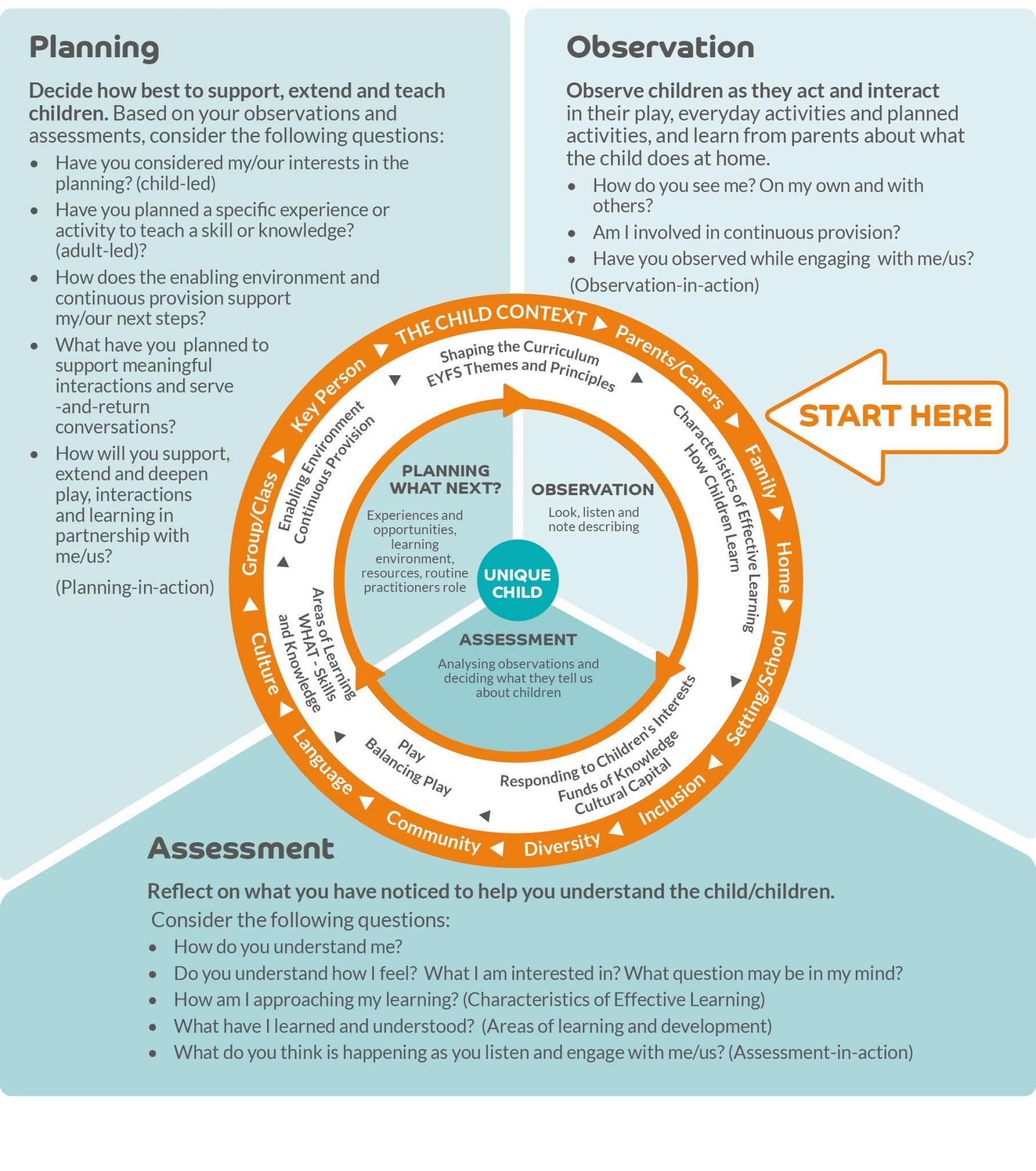
You are observing all the time, instinctively absorbing what children are doing and saying. Sometimes however you will want to observe formally and make a record of what you see. These observations should be purposeful, for example, to note acquisition of a new skill. You should look to observe:
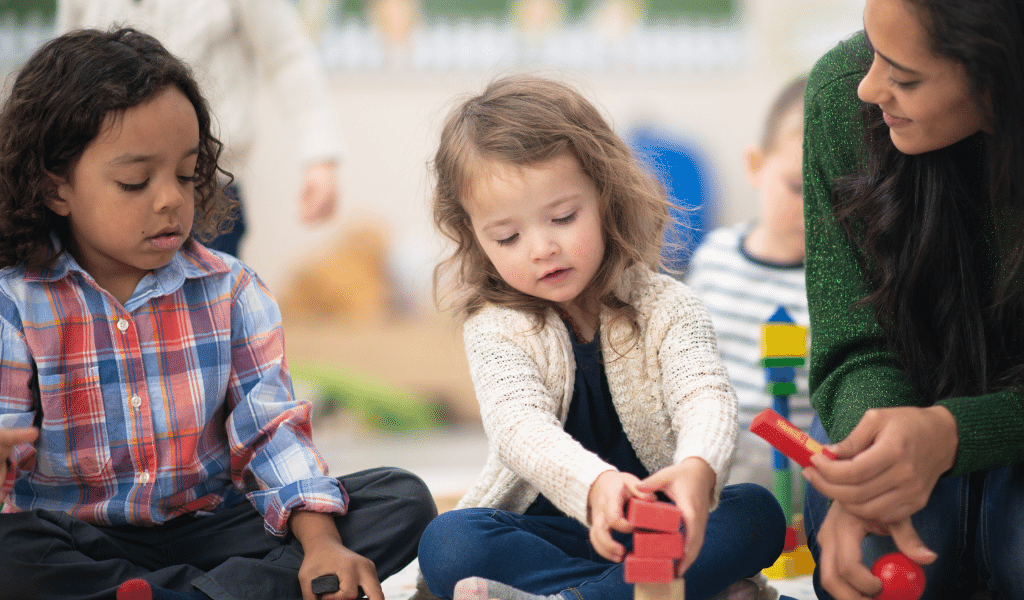
Timing can impact on what you see, for example: has a child just arrived and is feeling unsettled; is it nearly lunch time so they are hungry; is it nap time and they are tired; is it nearly home time and they are anxious or excited, anticipating being collected soon?
Think about quality over quantity and don’t observe for the sake of it. Avoid setting targets of x number of observations per child per week/month etc. Observations should be proportionate to the amount of time the child spends in setting and more importantly, determined by a purpose.
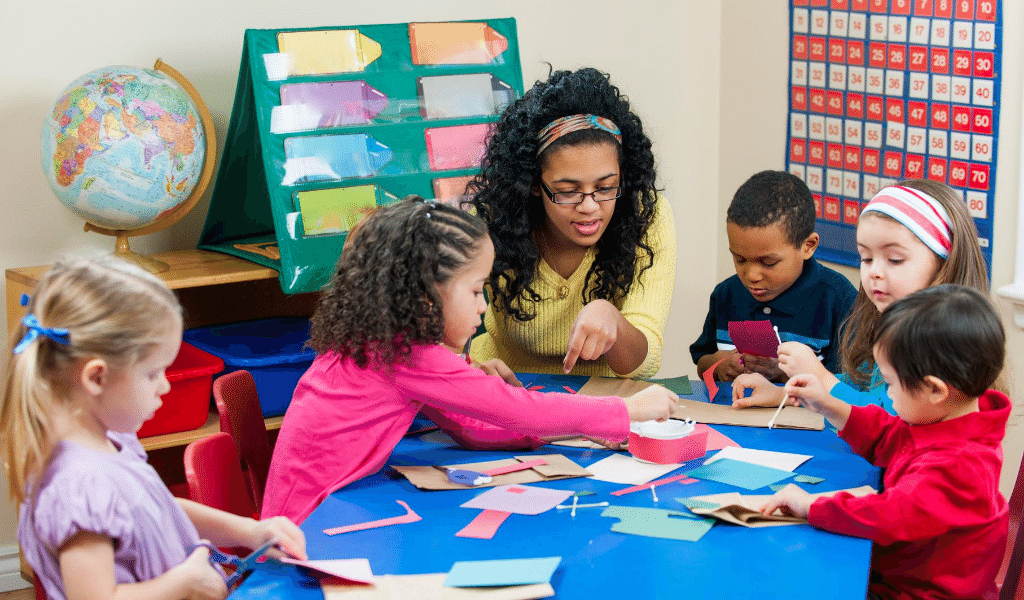
Traditionally, early years students have been taught a range of observation recording techniques, for example, snapshot, narrative (detailed), longitudinal (over time), sociogram (social interactions), target child (environmental interactions), time or event sample etc. As a practitioner, you will choose the method of observation that suits your purpose. For a rich, in-depth understanding of a child you may choose to undertake a more comprehensive observation by watching a child closely for a period of time, recording in detail what you see and hear. You may choose to focus on a particular aspect of a child’s development, such as their social skills or fine motor control, or how they access the environment and range of activities they engage with. Observations should inform your planning.
The EYFS does not require daily written observations. The Progress Check at age two and the Early Years Foundation Stage Profile (EYFSP) which is completed at the end of the Reception Year are the ONLY mandatory pieces of record writing in the EYFS. Ofsted have made it very clear that inspectors will not ask to see any non-statutory paperwork during an inspection and the revised EYFS 2021 reiterates that written evidence of progress will not be required. However, written observations can still be valuable! Memories fade so it is useful to have them to refer to when we come to:
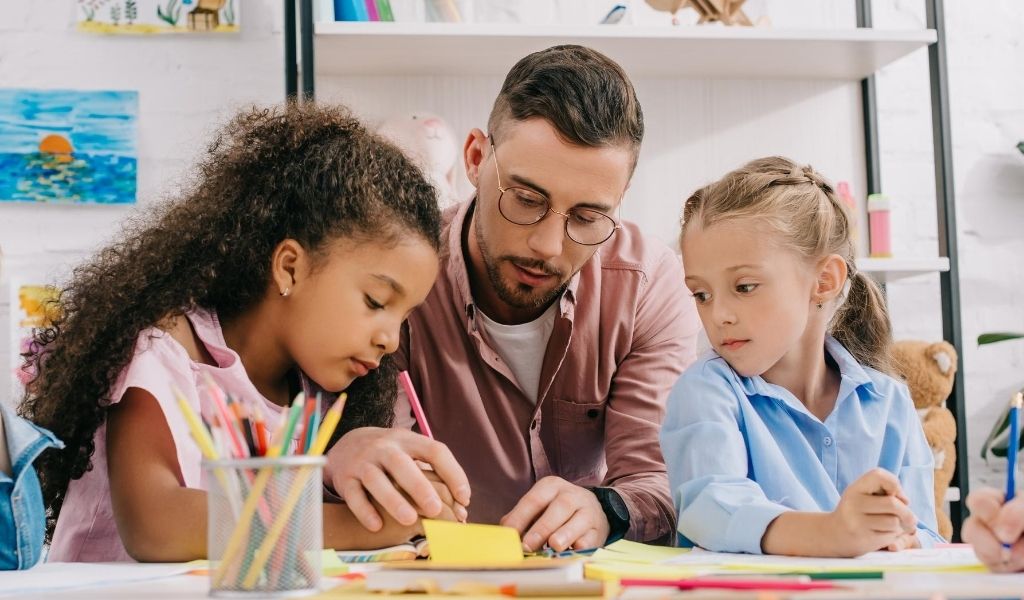
It is important that you do not simply file and forget your observations. You need to evaluate what you saw and decide what this is telling you about the child, then use this information to inform your planning:
Each observation you make will enable you to build up an accurate picture of the child’s development and progress in order to:
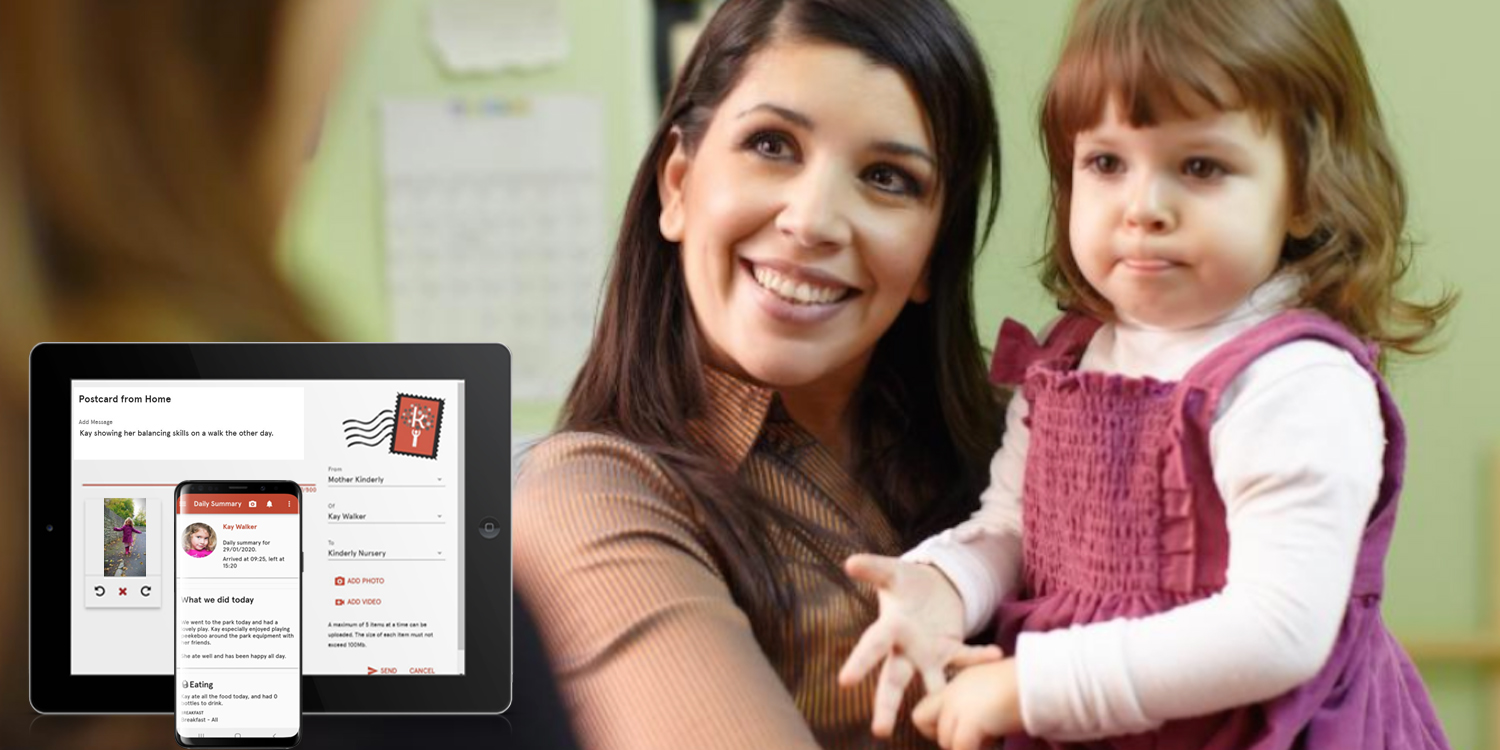
Did you know the term ‘next steps’ doesn’t actually appear anywhere in the EYFS? Nonetheless, it has become a commonly used phrase. Rather than thinking about next steps for children, consider thinking about next steps for the practitioner. Based on your observations of the child and your top-level curriculum what should you be planning to provide to support their learning and development? The non-statutory ‘Development Matters’ and ‘Birth to Five Matters’ guidance both offer ideas to help you plan.
EYFS 1.1 ‘’Practitioners must consider the individual needs, interests, and development of each child in their care, and must use this information to plan a challenging and enjoyable experience for each child in all of the areas of learning and development.’’ (DfE 2021)
Planning must start with your observations of the child and your assessment of their needs, interests and abilities. It is impossible to plan for the weeks ahead as children change rapidly and unpredictably, so any plans and routines must be kept flexible.

Planning should involve:
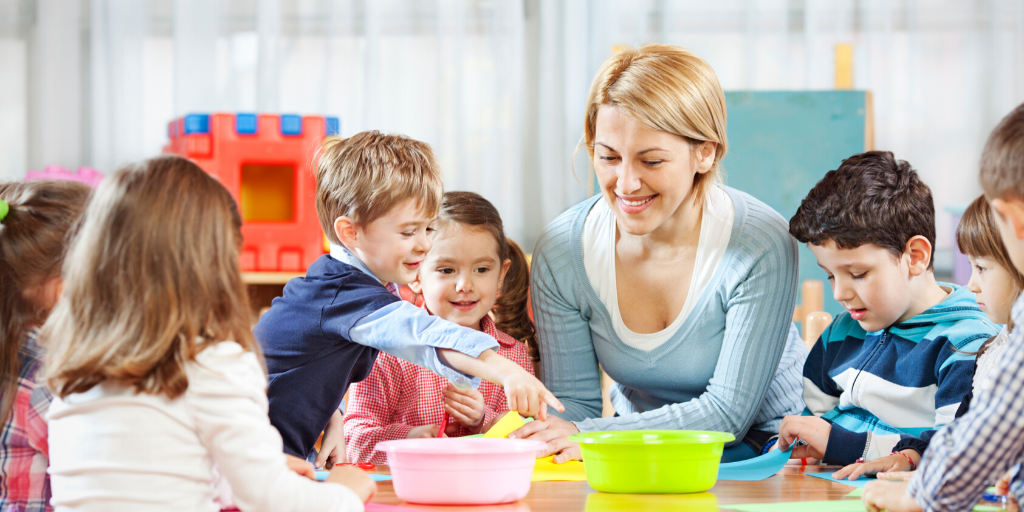
The key thing is that we do not let recording our observations detract from our being with the children. This is especially important when using digital devices. We do not want children to think our iPads and tablets have greater significance to us than them!
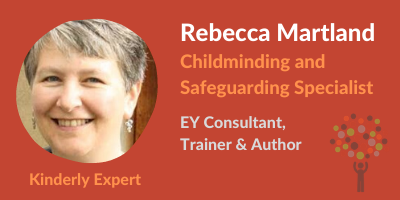
Rebecca Martland has 20 years’ experience in the early years sector: as a childminder, she has received an Outstanding grade from Ofsted for four consecutive inspections. She is an Early Years consultant, trainer, author and Nursery World Awards judge. She is also a qualified teacher and Early Years Professional.